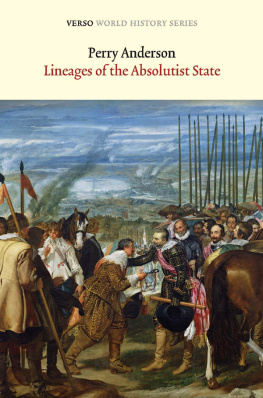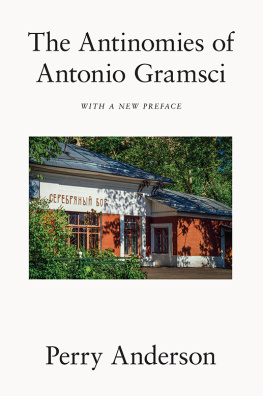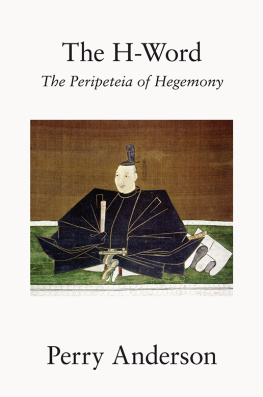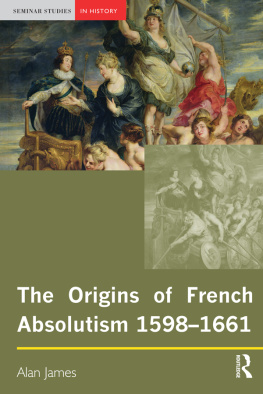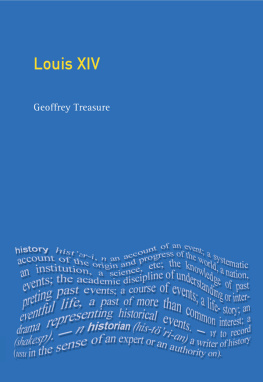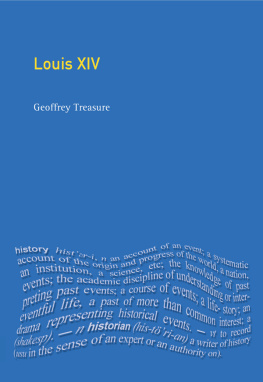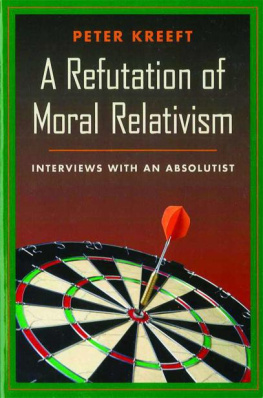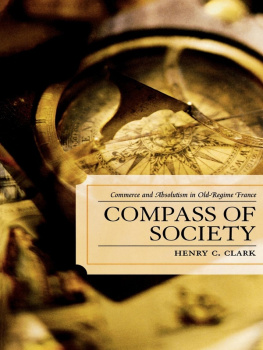
The political nature of Absolutism has long been a subject of controversy within historical materialism. Developing considerations advanced in Passages from Antiquity to Feudalism, this book situates the Absolutist states of the early modern epoch against the prior background of European feudalism. It is divided into two parts. The first discusses the overall structures of Absolutism as a state-system in Western Europe, from the Renaissance onwards; and the difficult question of the relations between monarchy and nobility institutionalised by it, for which it suggests a general periodization. It then looks in turn at the trajectory of each of the specific Absolutist states in the dominant countries of the West Spain, France, England and Sweden, set off against the case of Italy, where no major indigenous Absolutism developed.
The second part of the work sketches a comparative prospect of Absolutism in Eastern Europe. It begins with an enquiry into the reasons why the divergent social conditions in the more backward half of the continent should have produced political forms apparently similar to those of the more advanced West. The peculiarities, as well as affinities, of Eastern Absolutism as a distinct type of royal state, are examined. The variegated monarchies of Prussia, Austria and Russia are surveyed, and the lessons asked of the counter-example of Poland. Finally, the structure of the Ottoman Empire in the Balkans is taken as an external gauge by which the singularity of Absolutism as a European phenomenon is assessed. The work ends with some observations on the special position occupied by European development within universal history, which draws themes from both Passages from Antiquity to Feudalism and Lineages of the Absolutist State together into a single argument within their common limits as materials for debate.
Two postscript notes treat, respectively, the notion of the Asiatic mode of production, with particular reference to Islamic and Chinese history, and the experience of Japanese feudalism, as relevant controls for a study of the evolution of Europe up to the advent of industrial capitalism.

Lineages of the
Absolutist State

PERRY ANDERSON

Contents
The object of this work is to attempt a comparative survey of the nature and development of the Absolutist State in Europe. Its general character and limits as a reflection on the past are explained in the foreword to the study that precedes it. Some specific remarks about the relationship of the enquiry undertaken in this volume to historical materialism may be added. Conceived as a Marxist study of Absolutism, the work below is deliberately situated between two different planes of Marxist discourse, which normally lie at a considerable distance from each other. It has been a general phenomenon of the last decades that Marxist historians, the authors of a now impressive corpus of research, have not always been directly concerned with the theoretical questions of implications raised by their work. At the same time, Marxist philosophers, who have sought to clarify or solve the basic theoretical problems of historical materialism, have often done so at a considerable remove from the specific empirical issues posed by historians. An attempt has been made here to explore a mediate ground between the two. It is possible that it may serve only by negative example. At all events, the aim of this study is to examine European Absolutism simultaneously in general and in particular: that is to say, both the pure structures of the Absolutist State, which constitute it as a fundamental historical category, and the impure variants presented by the specific and diverse monarchies of post-mediaeval Europe. These two orders of reality are customarily separated by a major gap in much Marxist writing today. On the one hand, abstract general models are constructed, or presupposed not only of the absolutist state, but equally of the bourgeois revolution or the capitalist state, without concern for their effective variations; on the other hand, concrete local cases are explored, without reference to their reciprocal implications and interconnections. The conventional dichotomy between these procedures derives, doubtless, from the widespread belief that an intelligible necessity only inhabits the broadest and most general trends in history, which operate so to speak above the multiple empirical circumstances of specific events and institutions, whose actual course or shape becomes by comparison largely the outcome of chance. Scientific laws if the notion of them is accepted at all are held to obtain only for universal categories: singular objects are deemed the domain of the fortuitous. The practical consequences of this division are often to render general concepts such as the absolutist state, the bourgeois revolution or the capitalist state so remote from historical reality that they cease to have any explicative power at all; while particular studies confined to delimited areas or periods fail vice-versa to develop or refine any global theory. The premise of this work is that there is no plumb-line between necessity and contingency in historical explanation, dividing separate types of enquiry long-run versus short-run, or abstract versus concrete from each other. There is merely that which is known established by historical research and that which is not known: the latter may be either the mechanisms of single events or the laws of motion of whole structures. Both are equally amenable, in principle, to adequate knowledge of their causality. (In practice, the surviving historical evidence can often be so insufficient or contradictory that definite judgements are not feasible: but this is another question of documentation, not intelligibility.) One of the main purposes of the study undertaken here is thus to try to hold together in tension two orders of reflection which have often been unwarrantably divorced in Marxist writing, weakening its capacity for rational and controllable theory in the domain of history.
The actual scope of the study below is marked by three anomalies or discrepancies from orthodox treatments of the subject. The first of these is the much longer ancestry accorded to Absolutism, implicit in the nature of the study that is the prologue to it. Secondly, within the bounds of the continent explored in these pages Europe a relatively systematic effort has been made to give equivalent and complementary treatment to its Western and Eastern zones, as was done in the preceding discussion of feudalism. This is not something that can be taken for granted. Although the division between Western and Eastern Europe is an intellectual commonplace, it has very rarely been the object of a direct and sustained historical reflection. The most recent vintage of serious works on European history has to some extent redressed the traditional geo-political imbalance of Western historiography, with its characteristic neglect of the Eastern half of the continent. But a reasonable balance of interest has still largely to be struck. Moreover, it is not so much a mere parity of coverage within the two regions that is needed, as a comparative explanation of their division, analysis of their differences, and account of the dynamic of their interconnections. The history of Eastern Europe is not merely a poorer copy of that of Western Europe, which can simply be added side by side to it, without affecting study of the latter; the development of the more backward regions of the continent casts an unwonted light on that of the more advanced regions, and often throws into relief novel problems within it, concealed by the limits of a purely Western introspection. Thus, contrary to normal practice, the vertical division of the continent between West and East is here taken throughout as a central organizing principle of the materials discussed. Within each zone, of course, major social and political variations have always existed, and these are contrasted and explored in their own right. The aim of this procedure is to suggest a regional
Next page
